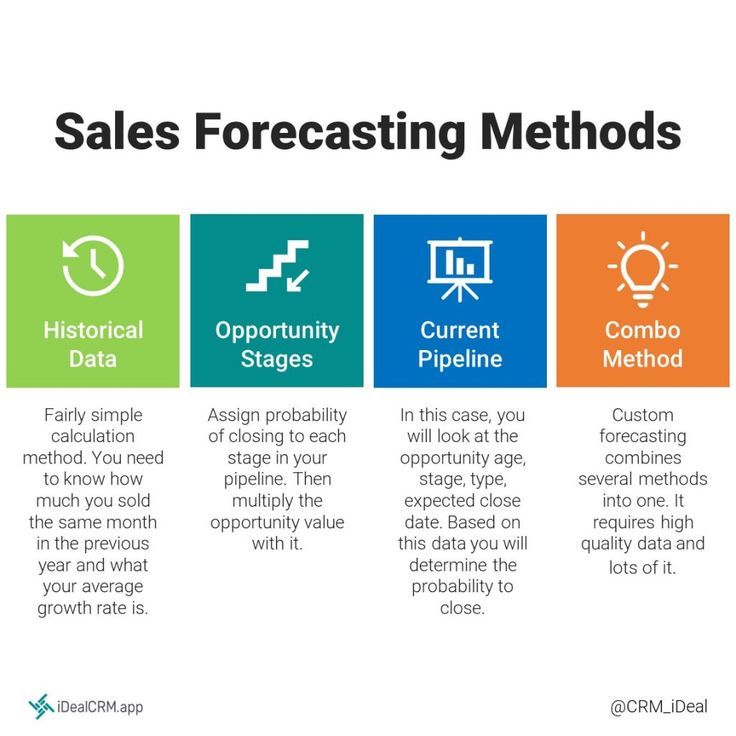
How CRM Can Improve Sales Forecasting Accuracy
Accurate sales forecasting is essential for any business looking to optimize its operations, allocate resources effectively, and achieve strategic goals. Sales forecasting involves predicting future sales based on historical data, market trends, and other relevant information. A robust Customer Relationship Management (CRM) system can significantly enhance the accuracy of sales forecasts by providing comprehensive data management, advanced analytics, and improved collaboration. This article explores how CRM systems can improve sales forecasting accuracy and the benefits they bring to businesses.
The Importance of Accurate Sales Forecasting
Accurate sales forecasting is crucial for several reasons:
- Resource Allocation: Businesses can allocate resources, such as inventory and staffing, more efficiently.
- Financial Planning: Helps in creating realistic budgets and financial plans.
- Performance Measurement: Provides benchmarks to measure actual performance against expectations.
- Strategic Decision-Making: Informs strategic decisions, such as market expansion and product development.
How CRM Systems Enhance Sales Forecasting Accuracy
- Centralized Data Repository CRM systems centralize all customer interactions and sales data in one place. This includes historical sales data, customer behavior patterns, and transaction records. With all relevant data accessible from a single platform, sales teams can create more comprehensive and accurate forecasts.
- Advanced Analytics and Reporting Modern CRM systems come equipped with advanced analytics tools that can analyze large datasets to identify trends and patterns. These tools can generate detailed reports and visualizations, making it easier to understand past sales performance and predict future trends. CRM analytics can help identify seasonal trends, sales cycles, and other patterns that impact sales forecasts.
- Real-Time Data Access CRM systems provide real-time access to sales data, allowing sales teams to make timely and informed decisions. Real-time data ensures that forecasts are based on the most current information, improving their accuracy. This is particularly important in fast-paced industries where market conditions can change rapidly.
- Enhanced Collaboration and Communication CRM systems improve collaboration and communication among sales teams by providing a shared platform for tracking sales activities and customer interactions. Sales representatives can input their data and insights, which can then be aggregated to create more accurate forecasts. Collaborative forecasting ensures that all team members contribute their knowledge and expertise, leading to more reliable predictions.
- Pipeline Management CRM systems offer robust pipeline management features that allow sales teams to track the progress of deals through various stages. By analyzing the sales pipeline, businesses can estimate the likelihood of closing deals and predict future sales more accurately. CRM systems can also highlight bottlenecks and areas where deals are stalling, enabling proactive measures to keep the pipeline moving.
- Predictive Analytics and Machine Learning Some advanced CRM systems incorporate predictive analytics and machine learning algorithms. These technologies can analyze historical data and identify patterns that may not be apparent through traditional analysis. Predictive analytics can provide more accurate sales forecasts by considering a wider range of variables and complex relationships between data points.
- Sales Activity Tracking CRM systems track all sales activities, such as calls, meetings, emails, and follow-ups. By analyzing the frequency and outcomes of these activities, businesses can identify which actions are most likely to result in sales. This information can be used to create more accurate forecasts by linking specific activities to sales outcomes.
- Customer Segmentation and Targeting CRM systems enable businesses to segment their customer base based on various criteria, such as purchase history, demographics, and behavior. By understanding different customer segments and their buying patterns, businesses can create more targeted and accurate sales forecasts. Segmentation allows for more precise predictions by accounting for variations in customer behavior.
Benefits of Improved Sales Forecasting Accuracy
- Better Inventory Management Accurate sales forecasts enable businesses to manage their inventory more effectively. By predicting future sales, companies can avoid overstocking or understocking, reducing storage costs and minimizing the risk of stockouts.
- Optimized Resource Allocation With accurate forecasts, businesses can allocate resources, such as marketing budgets and staffing, more efficiently. This ensures that resources are directed toward areas with the highest potential for return on investment.
- Increased Revenue Improved sales forecasting accuracy can lead to increased revenue by enabling businesses to capitalize on opportunities and mitigate risks. Accurate forecasts help businesses identify high-potential sales opportunities and focus their efforts on closing these deals.
- Enhanced Customer Satisfaction Accurate forecasts ensure that businesses can meet customer demand consistently. This leads to higher customer satisfaction, as customers receive their products and services promptly and reliably.
- Informed Strategic Planning Accurate sales forecasts provide valuable insights for strategic planning. Businesses can make informed decisions about market expansion, product development, and other strategic initiatives based on reliable sales projections.
Conclusion
A CRM system is a powerful tool that can significantly improve sales forecasting accuracy. By centralizing data, providing advanced analytics, enabling real-time access, and enhancing collaboration, CRM systems offer a comprehensive solution for creating reliable sales forecasts. The benefits of improved sales forecasting accuracy extend across various aspects of business operations, from inventory management and resource allocation to revenue growth and customer satisfaction. Investing in a CRM system can help businesses achieve more accurate sales forecasts and make more informed strategic decisions, ultimately leading to greater success and profitability.